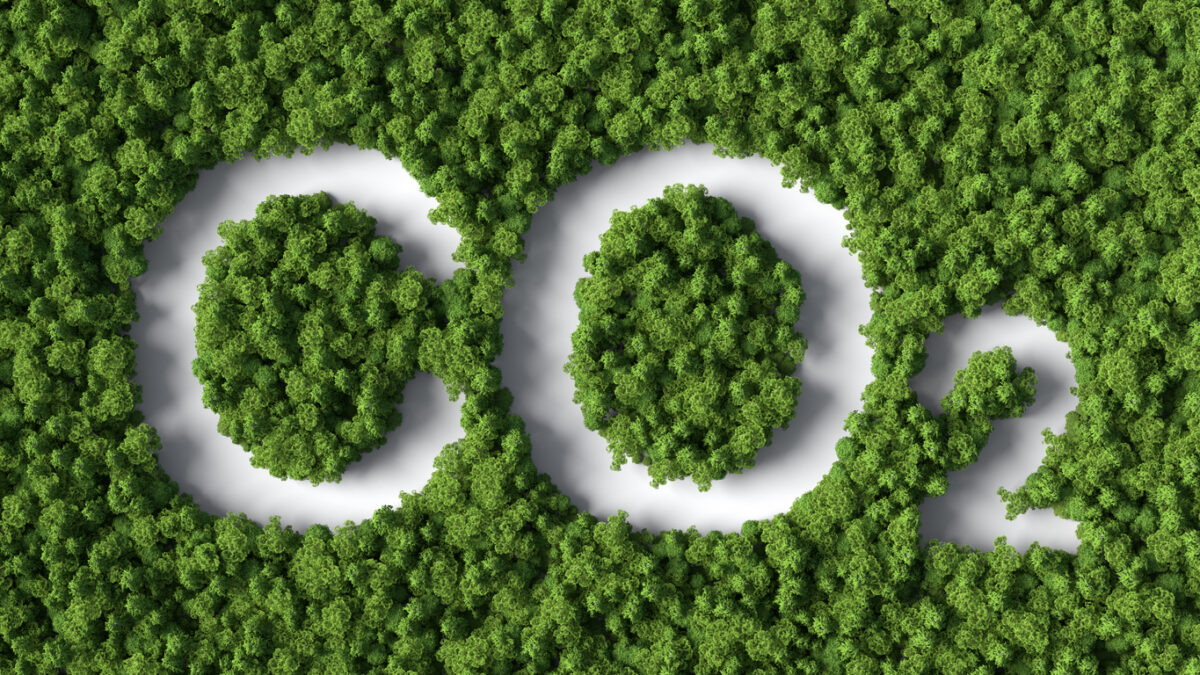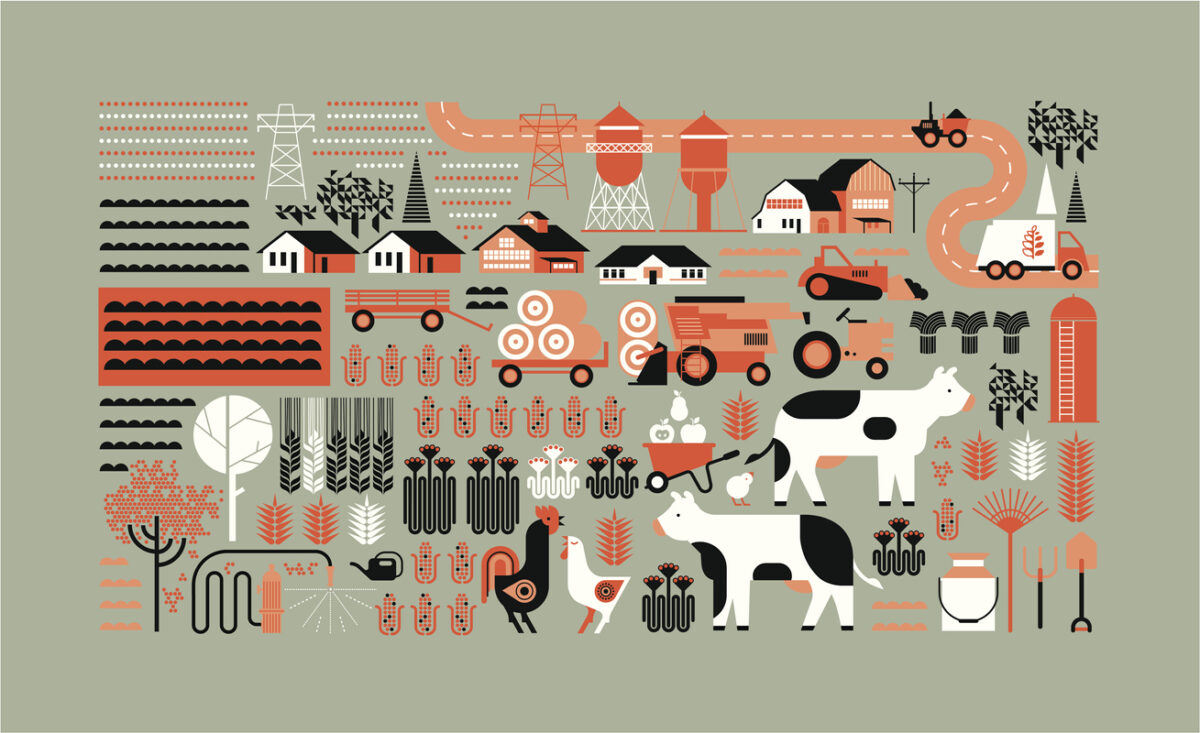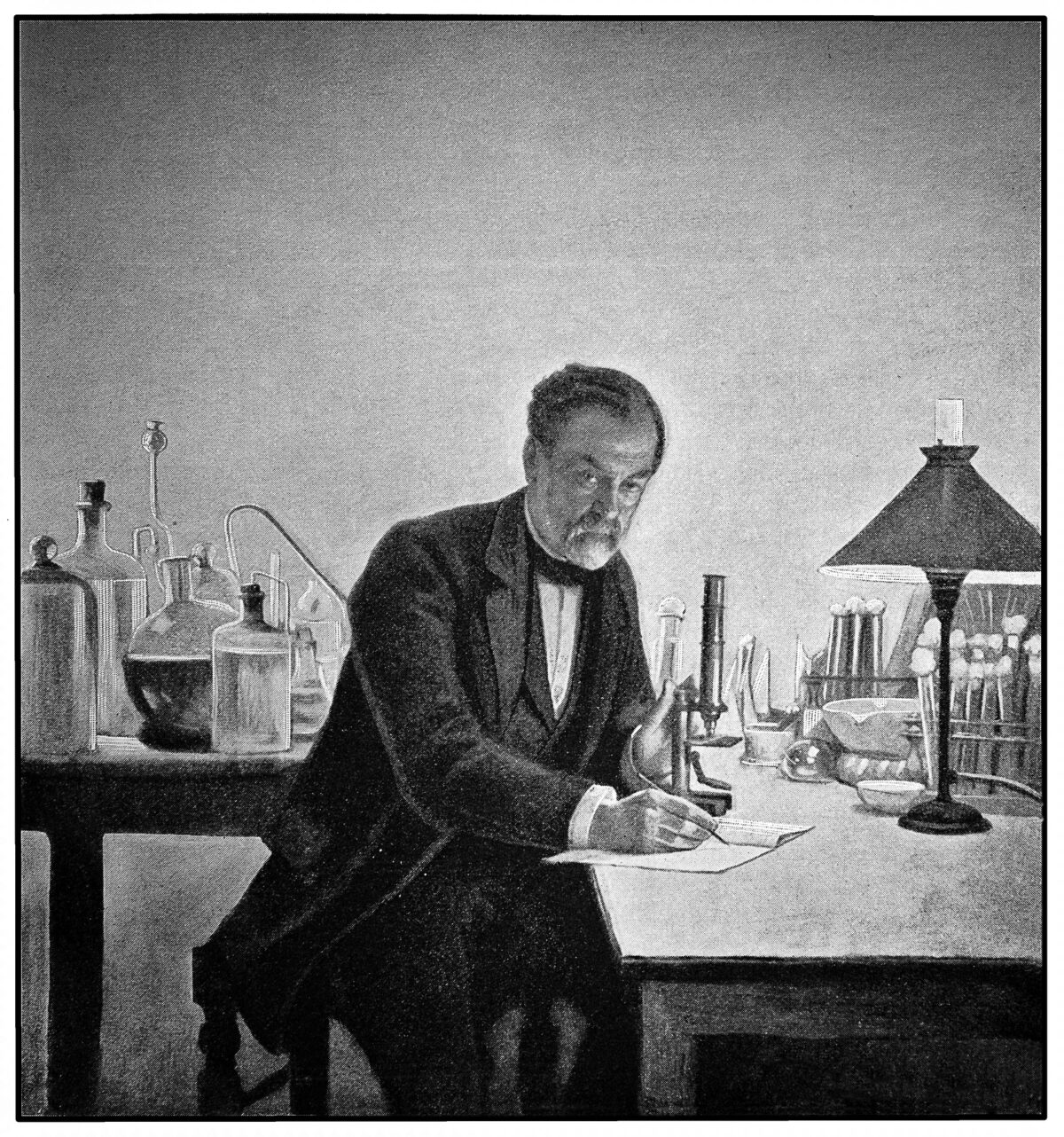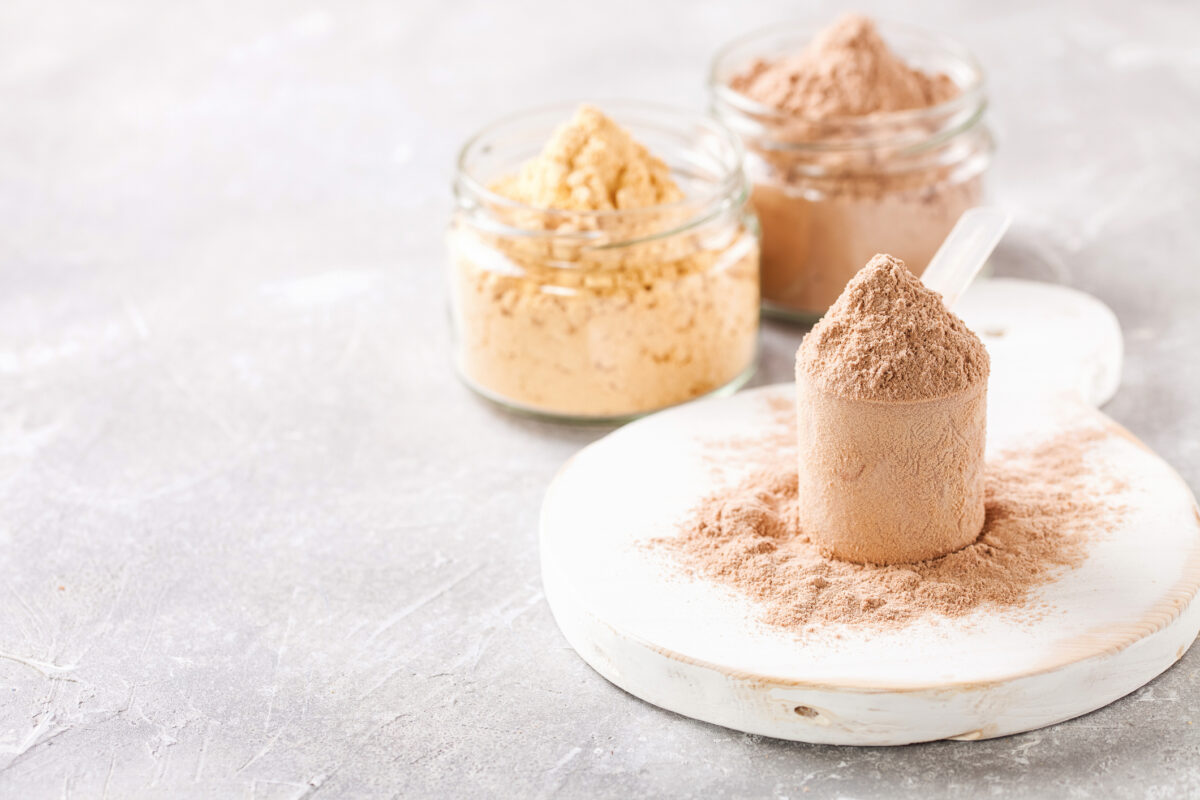Solar Foods-led consortium selected by European Innovation Council to develop novel milk protein using CO2 and electricity

A research consortium led by Finnish foodtech company Solar Foods has been selected by the European Innovation Council (EIC) to develop a new biological tool for producing milk protein using carbon dioxide and electricity.
Already known for its proprietary microbe that feeds on CO2 and hydrogen to grow the novel protein ingredient Solein, through this new project called HYDROCOW, Solar Foods will work with its consortium to create a microbe that turns CO2 and hydrogen, produced from water using electricity, into beta-lactoglobulin, a whey protein typically found in the milk of cows and sheep.
The company will work together with the University of Groningen, RWTH Aachen University, and FGen AG (a branch of biotech company, Ginkgo Bioworks), to carry out the project over a four year period.
While existing solutions such as fermentation involve feeding heterotrophic microbes with sugar and other agricultural sources, HYDROCOW is working to build a more carbon neutral system that doesn’t require agriculture or photosynthesis to produce milk proteins.
The EIC Pathfinder programme, which is part of the EU research and innovation funding initiative Horizon Europe, is investing €5.5 million towards the research. Pathfinder typically supports the exploration of “high-risk/high reward” technological ideas.
If successful, the project will be the first example of using hydrogen-oxidizing microbes to create milk proteins and will provide a new platform that could be modified to produce other protein types in the future, says Solar Foods.
“HYDROCOW could lead to the creation of truly ground-breaking technology for the food industry”, Dr Arttu Luukanen, SVP at Solar Foods and the project coordinator said in a statement. “We are grateful for the EIC funding and the fact they share our vision on this project. We have a highly skilled consortium and cannot wait to get started”.









